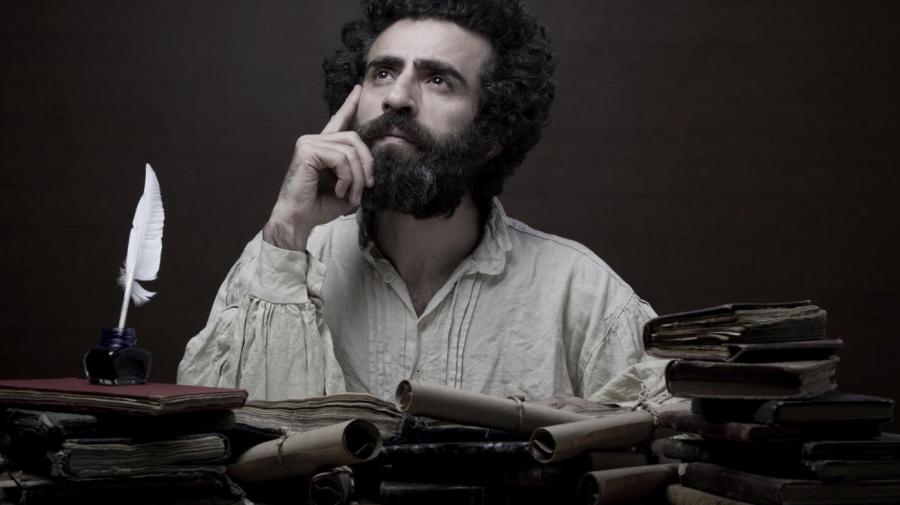What Did Francis Bacon Do?

Francis Bacon served as attorney general and Lord Chancellor of England during the Renaissance, but he is best known for his contributions to philosophy. Bacon argued for an empirical approach to scientific inquiry, which became known as the scientific method.
Francis Bacon was born in London on Jan. 22, 1561. The youngest of three sons born to Sir Nicolas Bacon and Lady Anne Cooke Bacon, Francis attended Trinity College when he was 11 years old and completed his course of study in 1575. He struggled financially for a number of years, and during this time, his father passed away. Eventually, he became a member for Cornwall in the House of Commons, which began his political career. He held a place in Parliament for nearly four decades until being ousted on bribery charges in 1621.
After the collapse of his political career, Bacon was free to focus on his other passion, the philosophy of science. Unlike the doctrines of the ancient Greek philosophers, Bacon’s inquiries depended on tangible proof. He believed that a new method rooted in the organized gathering and analysis of hard data could elevate science to a new level for the betterment of humanity. Bacon was also a writer, and in 1620, he published “Novum Organum Scientiarum,” which is Latin for “new method,” and established himself as a reputable philosopher of science.





